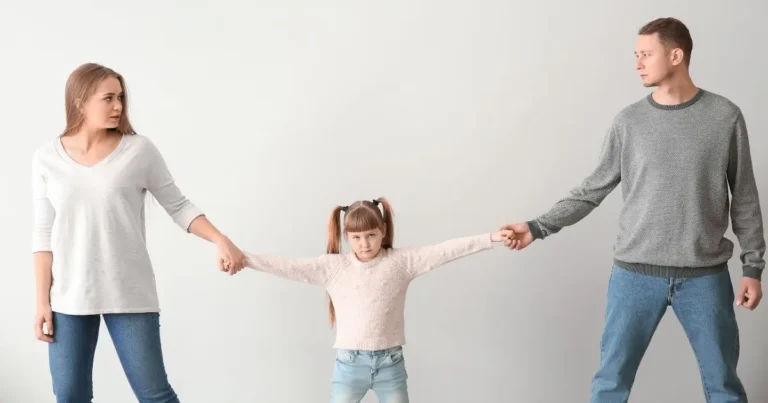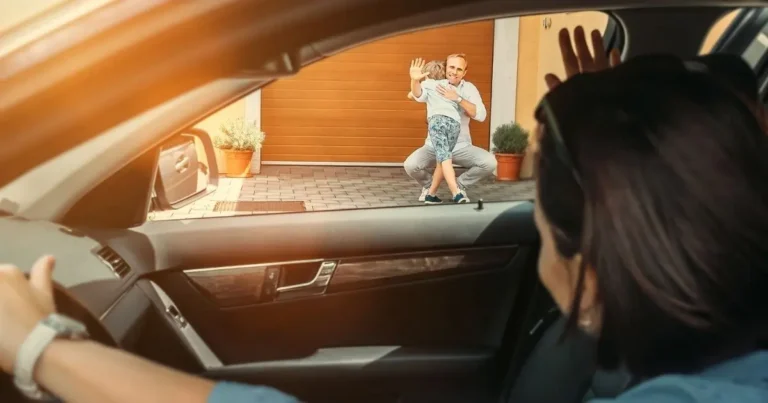Grandparent Visitation Rights~2 min read
Family law incorporates a number of intermingled and particular issues, often wracked with emotional turmoil and questions over a variety of rights. Grandparent Visitation is one such area. Strained family relationships can lead to parents cutting off contact between a grandparent and a grandchild. Fortunately, New Hampshire’s laws can provide some relief to grandparents in distress.
Grandparent Visitation Rights are governed under RSA 461-A:13. While Courts in the state consider a number of factors, two factors are weighed more heavily than others. Courts will consider what is in the best interest of the child and whether the visitation would interfere with the parent-child relationship or the parent’s authority. As a general rule, a parent’s decision governs this issue. Still, the New Hampshire Legislature and Courts provide a number of opportunities for grandparents to assert their visitation rights if certain circumstances arise, including the death of a parent or the absence of the nuclear family.
This past March, a case appeared in front of the New Hampshire Supreme Court, In re Lundquist, 134 A.3d 951 (N.H. 2016). The case helped determine some of the more confusing case law and statutory language regarding the ability to bring a petition. When a father passed away, the maternal grandparents sought visitation rights. The grandparents argued that both the absence of the nuclear family and the death of a parent provided standing as there were no prior problems with visitation before the father’s death.
It was unclear as to whether these such grandparents could have standing as their child, the mother, still lived. Some argued that the statute can grant standing upon the death of a parent, but only to the deceased’s parents. The reason was that the grandparents would be “stepping into” the deceased parent’s role. The Court found that the maternal grandparents could have standing considering the plain meaning of the statute took no such particular stance as to restrict which grandparents could apply for visitation. While the Court would still need to consider the best interests of the children, the Court could not deny the maternal grandparents’ petition on technicality simply because their child still lived.
At Parnell, Michels & McKay we seek to clarify laws that appear to be obscure, technical and confusing. If you are interested in learning more about grandparent visitation rights, or have questions and concerns about family law, please contact us to learn more. We want to help.
Our firm blends advocacy oriented practice with effective practical solutions for all our clients in Londonderry, N. Woodstock, and throughout New Hampshire. The attorneys at Parnell, Michels & McKay provide effective representation and counseling to assist our clients facing legal questions. We simplify the process so our clients can understand and are able to participate as partners in the resolution.
Our practice includes personal injury law such as motor vehicle accidents, falls, dog bites, workers compensation, social security disability, and other injuries.
We also practice family law, including divorce, post-divorce, unwed custody and property division, and collaborative divorce, and have extensive experience in bankruptcy, probate, boundary disputes, estate planning, corporate formation and other real estate litigation.















